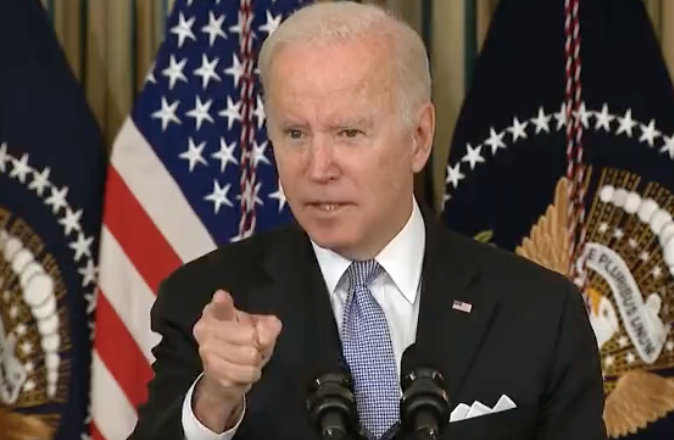It is a well know effect of the minimum wage that it prices the lowest skilled workers out of the labor market. Who are these workers and who have they been historically? In primarily white countries or countries with a primarily white ruling class like South Africa once was, it has been blacks and immigrants of color. This article in the New York Post by economist Thomas Sowells explains both the economics and gives some historical context to the origins of the minimum wage.
In an earlier era, when racial discrimination was both legally and socially accepted, minimum-wage laws were often used openly to price minorities out of the job market.
In 1925, a minimum-wage law was passed in the Canadian province of British Columbia, with the intent and effect of pricing Japanese immigrants out of jobs in the lumbering industry.
A Harvard professor of that era referred approvingly to Australia’s minimum wage law as a means to “protect the white Australian’s standard of living from the invidious competition of the colored races, particularly of the Chinese” who were willing to work for less.
In South Africa during the era of apartheid, white labor unions urged that a minimum-wage law be applied to all races, to keep black workers from taking jobs away from white unionized workers by working for less than the union pay scale.
Some supporters of the first federal minimum-wage law in the United States — the Davis-Bacon Act of 1931 — used exactly the same rationale, citing the fact that Southern construction companies, using non-union black workers, were able to come north and underbid construction companies using unionized white labor.
These supporters of minimum-wage laws understood long ago something that today’s supporters of such laws seem not to have bothered to think through. People whose wages are raised by law do not necessarily benefit, because they are often less likely to be hired at the imposed minimum-wage rate.
The fact is that there are plenty of people out there who recognize this fact. Last year when I wrote this piece on the minimum wage I received an email explaining to me that I was providing the reasoning for why he, the email writer, supported increasing the minimum wage–i.e. to keep Mexican immigrants from competing in US labor markets. Could this be why US trade unions are also supporting big hikes in the minimum wage? No, it can’t be. They’re deeply compassionate, if maybe misguided.


